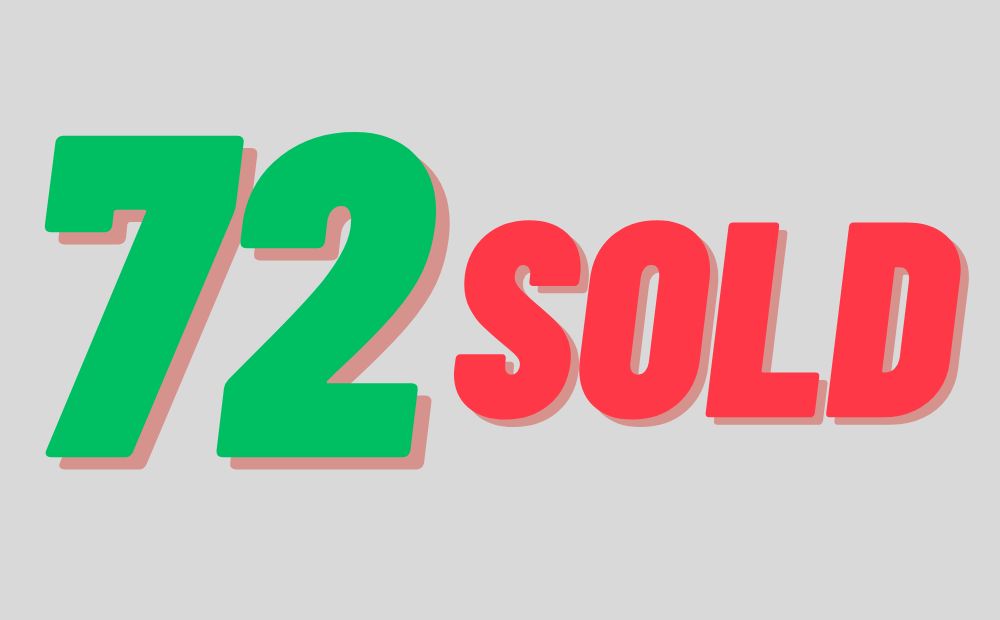The video game industry thrives on creativity and innovation. However, disputes can arise when it comes to ownership and intellectual property. The 72 Sold Lawsuit is a prime example, sparking discussions about copyright infringement and the legal boundaries of game development.
In this Lawsuit, a developer claimed that the popular game “72 Sold” infringed upon the copyrights of their unreleased game concept. This ignited a firestorm of debate, with players and industry professionals following the case closely.
This article delves into the complexities of the 72 Sold Lawsuit, exploring the allegations, the impact on the industry, and valuable takeaways for developers and players.
The Allegations: Similarities or Simply Common Tropes?
The core of the 72 Sold Lawsuit centred around the similarities between the two games. The plaintiff claimed that “72 Sold” replicated critical elements of their unreleased concept, including:
- Story Premise: Both games involved characters trapped in a deadly game with a high body count.
- Visual Style: Similarities were alleged in the overall aesthetic and character design.
- Gameplay Mechanics: The plaintiff argued that core gameplay elements mirrored their concept.
However, “72 Sold’s” developers countered these claims, stating that the game’s themes and mechanics drew inspiration from established video game genres, not a single unreleased concept. They argued that the Lawsuit stifled creativity and targeted familiar tropes within the industry.
The Legal Battle and its Ripples
The 72 Sold Lawsuit forced the gaming community to confront the intricacies of copyright protection in the digital realm. The legal battle centred on:
- Defining Originality: Could common genre elements be considered copyright infringement, or is true originality required?
- Idea vs. Expression: Does mere similarity in themes constitute copyright violation, or must the specific expression be copied?
The case also highlighted the financial and emotional toll lawsuits can have on independent developers. Legal battles can be expensive and time-consuming, draining resources from smaller studios.
The Verdict and its Lasting Impact
The final verdict of the 72 Sold Lawsuit is not publicly available. However, the case left a lasting impact on the industry, prompting discussions about:
- The Need for Clear Guidelines: Developers continue to call for more precise legal guidelines on copyright protection in games, balancing innovation with protecting intellectual property.
- Importance of Documentation: The case underscores the importance of detailed documentation for game concepts, ensuring a stronger case in potential disputes.
- Open Communication: The Lawsuit highlighted the value of open communication within the development community, potentially preventing misunderstandings and litigation.
Beyond the Lawsuit: Lessons Learned for Developers
While the specifics of the 72 Sold Lawsuit remain shrouded in some mystery, valuable lessons can be gleaned for developers:
- Focus on Innovation: Strive for originality in your game concepts, going beyond established tropes to create a unique experience.
- Document Everything: Thoroughly document your game ideas, including visuals, mechanics, and story elements, for future reference.
- Seek Legal Guidance: While independent development is exciting, consulting a lawyer early on can provide valuable insights on copyright protection.
Beyond the Lawsuit: What Players Can Do
As players, staying informed about legal issues like the 72 Sold Lawsuit fosters a deeper understanding of the industry:
- Support Ethical Development: Research the practices of developers you support, ensuring they respect intellectual property rights.
- Recognize Inspiration vs. Copying: Appreciate games inspired by existing concepts, but be critical of blatant copies.
- Engage in Constructive Discussions: Participate respectfully in online forums and discussions about game development and intellectual property.
Conclusion
The 72 Sold Lawsuit serves as a cautionary tale and a catalyst for discussion. It highlights the complexities of copyright protection in the ever-evolving world of video games. By fostering open communication, clear legal guidelines, and a focus on innovation, the industry can continue to thrive while respecting the rights of developers and ensuring fair competition.
READ ALSO: The Magic: A Deep Dive into the Mahimagicdoll999999 Archives

